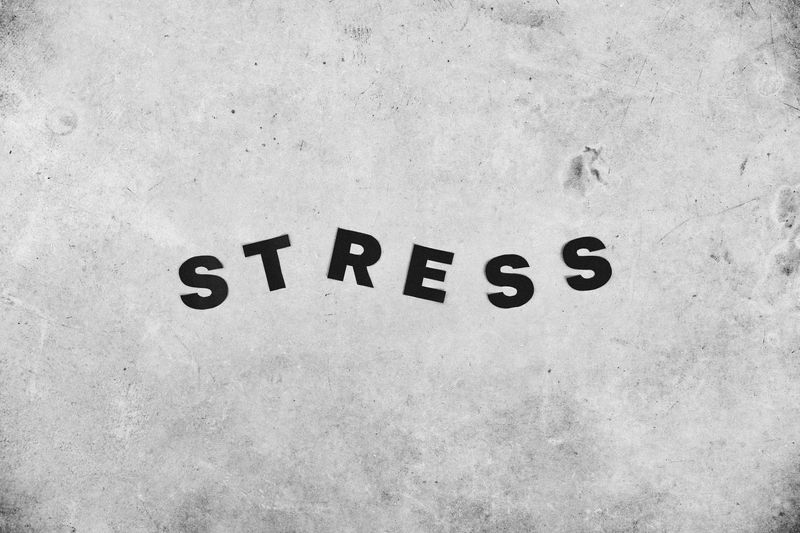Table of Contents
Venezuela: Increased Threats to Free Elections
June 22, 2023
Venezuela‘s National Assembly’s decision to appoint new members to the National Electoral Council (CNE) has raised concerns about the fairness of the upcoming presidential elections and legislative and regional elections. Human Rights Watch has warned that the appointment of new members aligned with the ruling government threatens to further undermine the democratic process in the country.
A Flawed Electoral System
The National Assembly’s decision to replace all 15 members of the CNE comes after eight members, who were aligned with the government, resigned prematurely. This move has prompted fears that the chances of free and fair elections in Venezuela are rapidly diminishing.
For decades, allies of former President Hugo Chavez and current President Nicolas Maduro have packed the CNE with members who are loyal to the government, undermining the right to free and fair elections. While there was a slight improvement in the balance of the CNE in 2021 with the appointment of two opposition members, the recent resignation of the pro-government members and the subsequent appointment of an 11-member commission, all from the ruling party, raise concerns about the integrity of the electoral process.
The CNE is responsible for overseeing the entire electoral process, including voter registration, candidate nomination, and the organization and supervision of voting procedures. Its composition plays a crucial role in ensuring fairness and transparency during elections.
International Observations and Recommendations
In 2021, an agreement with the CNE allowed a European Union mission to monitor the elections. The EU mission concluded that several conditions undermined the fairness and transparency of the election, including the arbitrary disqualification of political opponents, partisan use of state resources in campaigning, unequal access to media, and a lack of judicial independence and respect for the rule of law. They issued recommendations to strengthen the CNE’s capacity to sanction candidates who unlawfully used government money to campaign and improve the accuracy of the voter registry.
These recommendations, along with others, were supposed to be addressed through political negotiations in Mexico between the Maduro government and the opposition. However, the negotiations are currently stalled, and the issue of electoral reforms remains unaddressed.
Potential Consequences
The appointment of new members to the CNE has already affected the opposition’s primaries, with members opting to “self-manage” their primaries. This further highlights the lack of confidence in the electoral system and raises concerns about the legitimacy of the outcomes.
The increased control of the CNE by Maduro’s allies makes the implementation of much-needed reforms to ensure free and fair elections highly unlikely. Given the country’s current political climate, where democratic transition is at stake, it is imperative that international leaders exert pressure on Maduro to prevent the complete co-optation of the electoral body.
The Role of International Leaders
Colombian President Gustavo Petro and Brazilian President Luiz Inácio Lula da Silva, who have maintained close ties with the Maduro government, have emphasized the importance of democracy, free and fair elections, and progress in political negotiations. However, their actions must align with their rhetoric.
If Petro and Lula genuinely care about democracy in Venezuela, it is crucial for them to leverage their relationship with Maduro and actively work to prevent the complete takeover of the country’s electoral body. Their intervention can potentially save the small window of opportunity for a democratic transition in Venezuela.
Conclusion
The appointment of new members to the National Electoral Council in Venezuela threatens the already fragile democratic process in the country. It is essential for international leaders to take a stand and advocate for free and fair elections in Venezuela. Without their intervention, the rights of Venezuelans to participate in a democratic electoral process will continue to be undermined, endangering the country’s future and stability.

<< photo by SHVETS production >>
The image is for illustrative purposes only and does not depict the actual situation.
You might want to read !
- The Deadly Border: The Unresolved Tragedies of Spain and Morocco
- States Must Empower and Protect Haitian Asylum Seekers: Putting an End to Racist Treatment
- The Humanitarian Crisis in Myanmar: How the Junta is Sabotaging Aid Efforts
- The Vital Significance of the Inter-American Commission of Human Rights in Safeguarding Women’s Rights
- Biden and Modi Summit: Tackling the Urgent Human Rights Crisis
- Eswatini: Ending the Abuse of Courts to Suppress Union Leaders